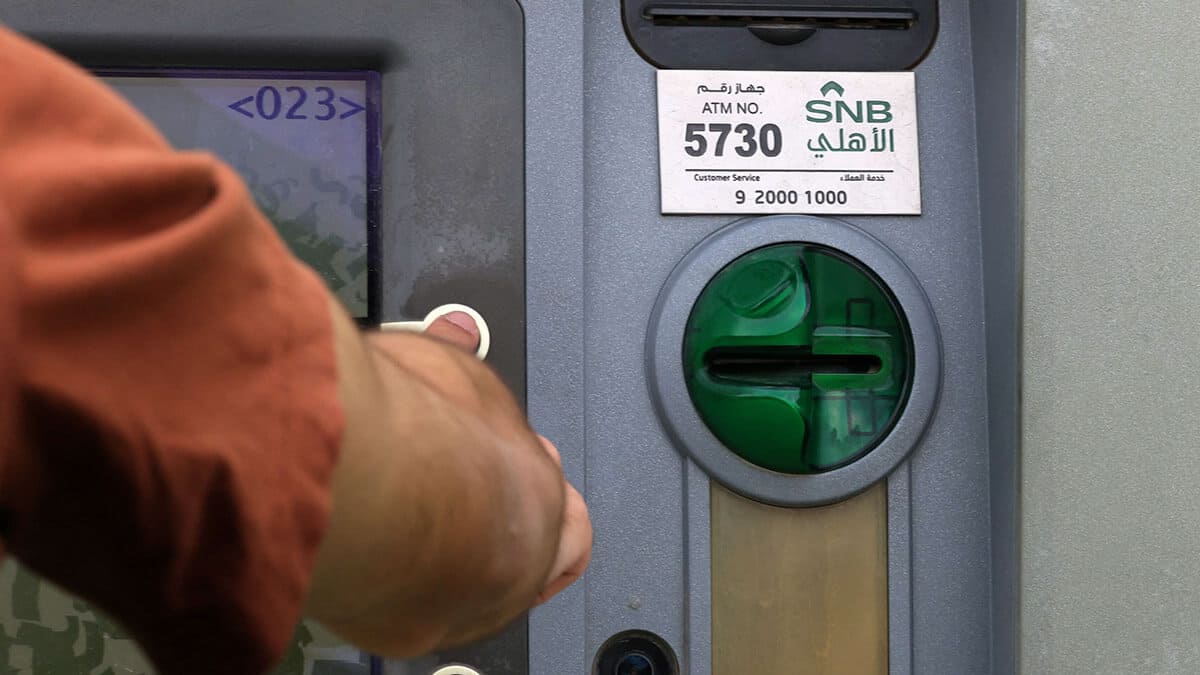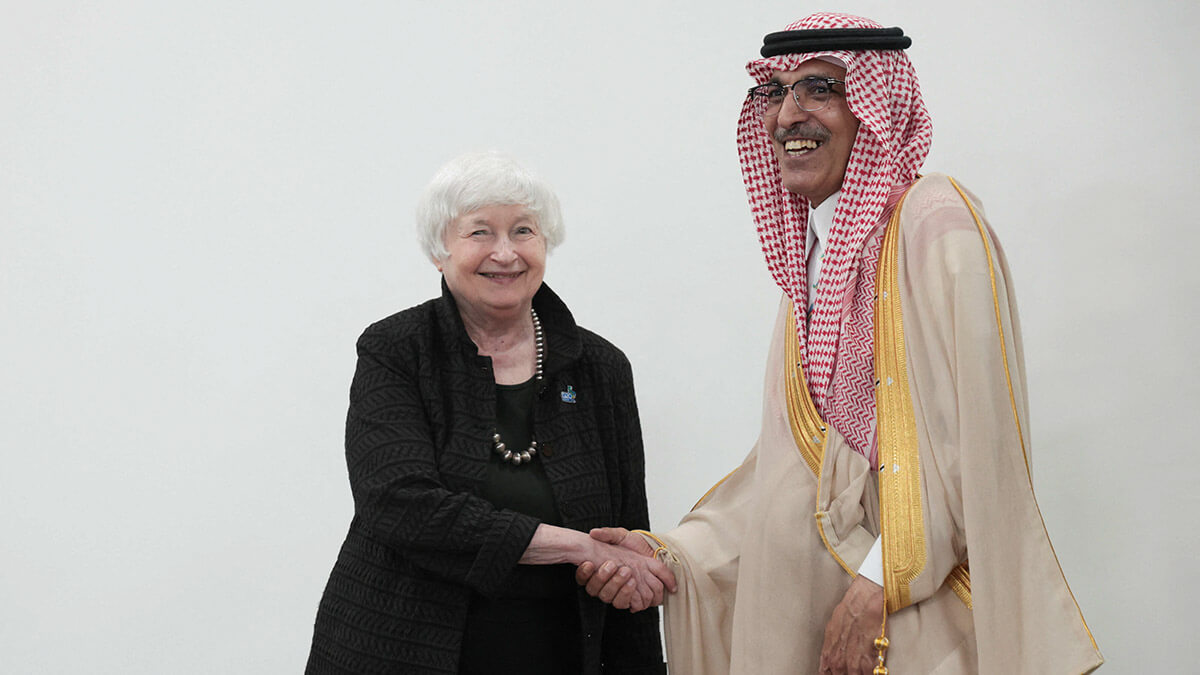Saudi Arabia moves towards a digital economy with e-commerce growth

The growth of e-commerce in Saudi Arabia reflects the firm commitment of its leaders to remain at the forefront of technology, with the aim of boosting remote shopping and facilitating cashless payments. As reported by Al Arab, this development is in line with the digitisation plans of the largest Arab economy as it seeks to modernise and diversify its economic structure.
The General Authority for Small and Medium Enterprises (Monsha'at) highlighted in a recent report the development of e-commerce in the country and initiatives that support SMEs. Entitled ‘Small and Medium Enterprises and Promising Prospects for E-Commerce’, the report analyses the remarkable progress of this sector in recent years.
According to the document, financing for e-commerce projects reached 1.6 million rials (383 million euros) at the end of last year. In addition, the number of e-commerce platform users in Saudi Arabia is expected to reach 34.5 million by 2025, with a 42 per cent growth in the number of users between 2019 and 2024, highlighting the rapid adoption of these technologies in the country.

The most successful sectors in Saudi e-commerce include online sales platforms, digital marketing, logistics and payment systems. Saudi Arabia, as one of the fastest growing economies globally, is well positioned for this sector to continue to thrive, especially thanks to the facilities offered by the government. The e-commerce market is estimated to reach EUR 12.222 billion by the end of this year, with an annual growth rate of 15 %, which could take it to EUR 24.596 billion by 2029.
This market is attracting not only local but also global attention, as there are an estimated 1.8 billion e-commerce users worldwide, with a trade and investment volume of around EUR 26 billion. In this context, the majority of payments in Saudi Arabia are expected to be made electronically, with 7.4 % of transactions taking place in real time and 48.6 % through other digital means.
A report by Prime Time for Real-Time, published earlier this year, ranked Saudi Arabia ninth among the top ten countries with the highest smartphone adoption, with 80 per cent of consumers using mobile wallets.

E-commerce has had a significant impact on emerging businesses, enabling them to overcome barriers to market entry, reduce operational costs and reach a broad customer base. However, these companies also face challenges, such as high competitiveness, inventory management and service quality, which can affect their growth and expansion.
Monsha'at's report included the views of several industry experts, including Muhannad Al-Mulhim, e-commerce advisor at the e-commerce council, who highlighted the mechanisms the council offers to help companies ‘grow and expand’, as well as highlighting the trends and innovations that will shape the future of the industry.
Among the companies operating in this area is Zid, founded in 2017, with the aim of easing the transition of merchants into modern retail. Mazen Al-Darrab, founder and CEO of Zid, highlights how the company facilitates collaboration between e-store owners and other key players, helping entrepreneurs to establish their businesses and take advantage of the opportunities offered by the Saudi market.

Another relevant case is Floward, a company specialising in the sale and delivery of flowers and gifts that, since its founding seven years ago, has expanded its operations to nine countries, including the Gulf States, Egypt, Jordan and 40 cities around the world, with London as one of its most prominent destinations.
Meanwhile, Trudoo Smart Shipping Solutions, an emerging startup, shared the challenges and obstacles it faced in its early days, as well as its future plans and aspirations in the competitive logistics market.
Since 2022, the Saudi platform PayTabs has sought to expand the e-payment experience in various markets, drawing on the expertise of large industry players to attract more consumers. In partnership with Swiss company Netcetera, PayTabs has implemented authentication and verification solutions that ensure secure online payments, preventing card fraud and facilitating transactions on mobile devices and computers.

Founded by Saudi entrepreneur Abdulaziz Al-Jouf, PayTabs has played a pivotal role in the payments ecosystem for more than a decade, offering enhanced payment processing solutions to freelancers, SMEs, banks and retailers in several markets in the Middle East, Africa and South Asia, with plans to expand into more emerging markets.
With offices in Saudi Arabia, UAE and Egypt, PayTabs has increased competitiveness in the regional digital payments market. As a PCI Security Standards Council (PSC) certified payment service provider, the security of electronic financial transactions is its top priority.
Indeed, Saudi Arabia's e-commerce drive is not only transforming the country's economic landscape, but also positioning its businesses as key players in an increasingly digitised global marketplace. This growth, backed by advanced technological infrastructure and government support, suggests a promising future where Saudi SMEs will be able to compete and thrive internationally, fully integrating into the global digital economy.











